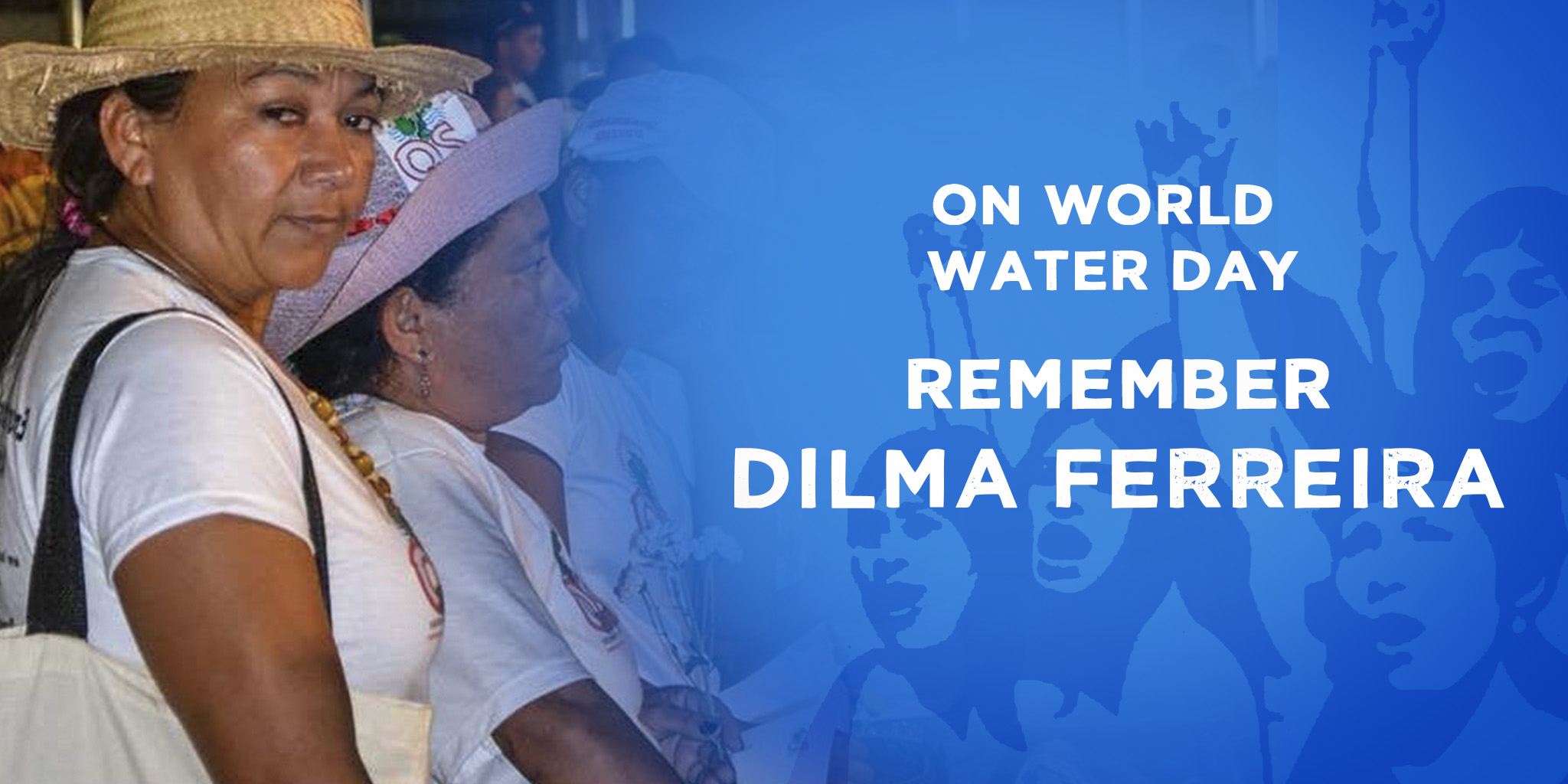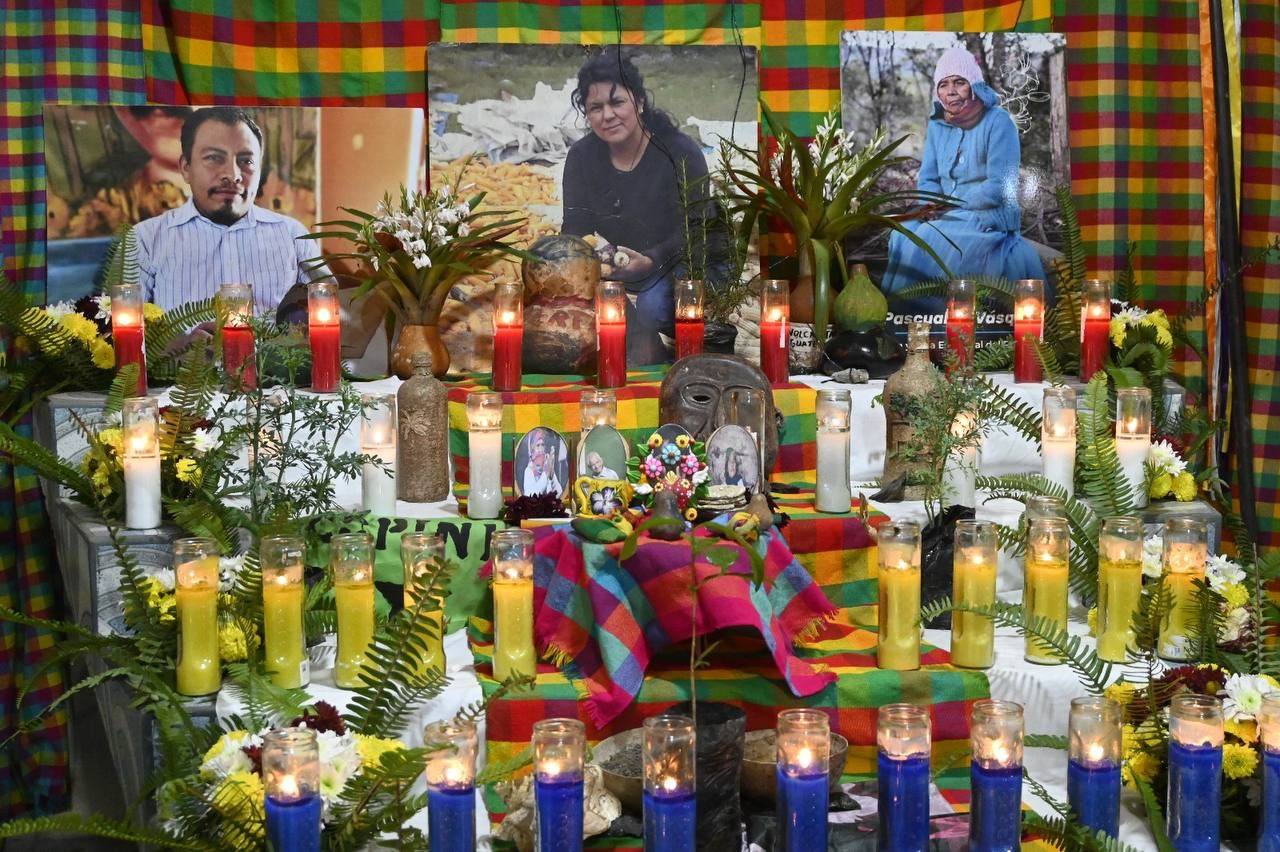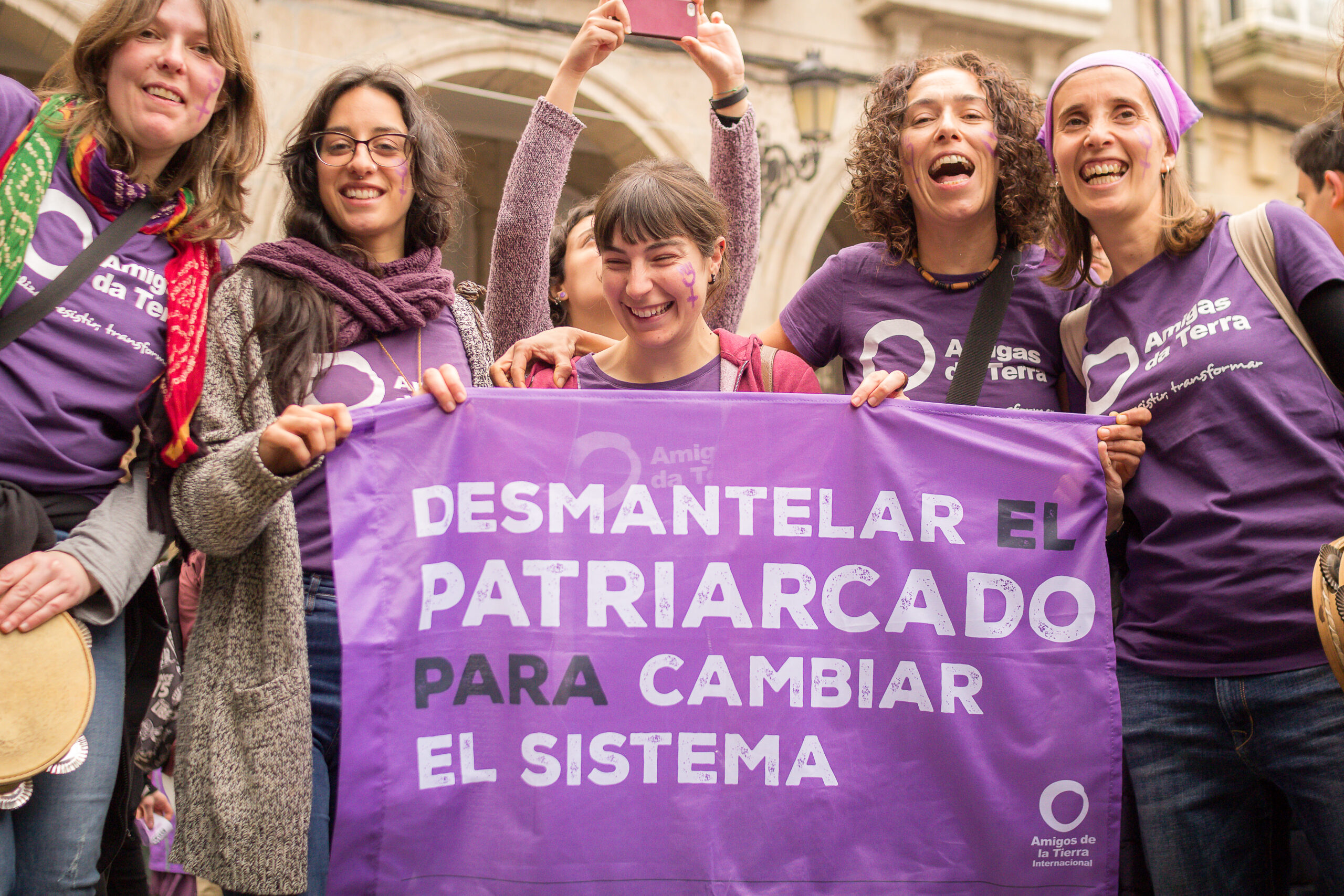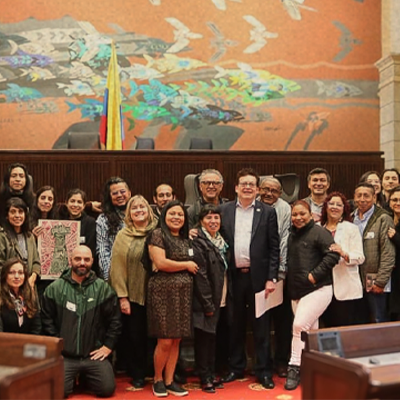Remembering Dilma Ferreira on the first anniversary of her murder
Dilma was Coordinator of the Movement of People Affected by Dams (MAB) in Tucuruí, northern Brazil.

On 22 March 2019, Dilma Ferreira was brutally murdered in her home, together with her partner, Claudionor Costa da Silva, and neighbor, Milton Lopes. In celebration and remembrance of her life and struggle, Real World Radio interviewed Soniamara Maranho, Tchenna Maso and Cleidiane Vieria, fellow Coordinators at MAB. We asked them about what it means to be a defender of peoples’ rights in Brazil and the current context in the Tucuruí region.
The MAB comrades described Dilma as a black woman, an activist who struggled for peoples’ rights in the Brazilian Amazon, and a leader in the discussions of women affected by dams in Brazil. “Dilma Ferreira is the image of an affected woman who rebuilt herself as a subject of struggle in a devastated region, and a reference for the historical resistance of a region which has still not been compensated for the impacts suffered by building of the Tucuruí Dam on the Tocantins River since the military dictatorship”, said Tchenna.
Dilma was murdered on 22 March 2019, the same date as World Water Day. She is a clear victim of the violent process of dam construction, and she was the first peasant murdered that year, according to the Pastoral Land Commission (CPT). Soniamara Maranho considers that this murder took place in a context of increasing violence in the countryside, added to the contempt already held by the Brazilian government towards defenders of peoples and territories:
“For us, activists of the MAB and the Movement of People Affected by Dams in Latin America (MAR), as human rights defenders, Dilma’s murder fills our hearts with outrage, but her memory remains alive in our conviction about the importance of the struggle for the freedom of the working class in Brazil and in all countries.”
The region is still facing the historical effects of the Tucuruí Dam construction, which started in 1976 and has been in operation since 1984. Countless communities have not been compensated for the impacts on the Tocantins River. Countless families that have been displaced and still live next to one of the largest hydroelectric dams in the country do not have electricity in their homes and pay one of the highest rates in Brazil. Celidiana Vieira, MAB Coordinator for the state of Pará, stated that peoples’ rights continue being violated: “The populations in the municipalities affected by Tucuruí have the lowest human development indices in Brazil, and the wealth generated is not invested in education, health or in improving the quality of life, let alone infrastructure for the region.” The privatization of the Tocantins River is progressing: with the dam and the building of waterways, they will increase the control over the river, displacing farmers from the region.
“Dilma was aware of the fact that she did not go unnoticed, and in the context of the Amazon, every person who fights and resists ends up being persecuted.” The Tucuruí Dam was built during the military dictatorship and until today the concession belongs to the State. However, there is strong pressure to privatize the dam.
What happened to Dilma is a reflection of the historical and current context of human rights defenders in Brazil and Latin America: protection policies for defenders on an individual case-by-case basis will not solve the problems if the State does not resolve the conflict generated in the struggle of human rights defenders. Tchenna Maso believes that “what is being proposed now, with the rise of fascism, is increasing violence. And this is reflected in all the Latin American region, with the rise of neoliberal policies. So, our solution is for peoples to organize themselves and build their own safety nets and solidarity mechanisms among movements and organizations.”
Dilma left behind a legacy of the struggle of the Amazonian woman, who resisted until the end and fought to ensure peoples’ rights, no matter how big the enemy was.
Women, water and energy are not commodities.
Interviews and piece produced by: Luana Hanauer – Friends of the Earth Brazil.






